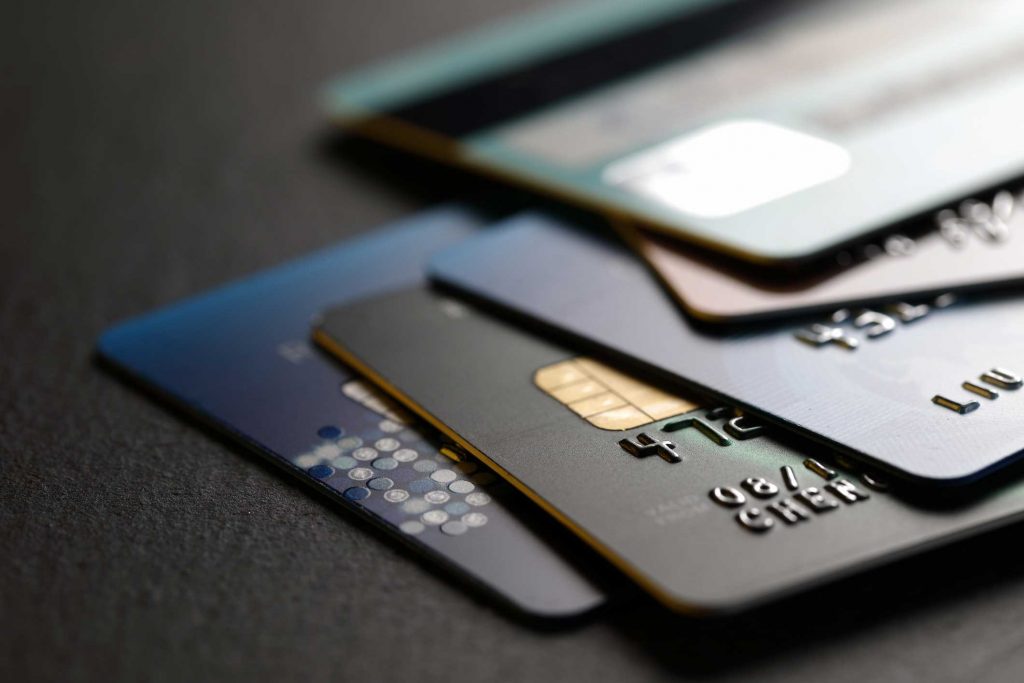Last Updated on June 7, 2024 by Asfa Rasheed
The primary purpose of a credit card is to pay for cashless transactions, strengthen security, and ensure convenience and reward possibilities.
What is a credit card and its primary factor?
A credit card is issued to consumers for purchasing goods with pre-approved credit. It is an important factor in determining a credit score. Maintaining a good credit score requires responsible usage of your card.
Below listed eight effective steps to help build and improve your credit score.
Be Punctual With Bill Payments
Your credit card stands as a hallmark for borrowing and repaying the money. It is advantageous if the credit score is higher as it enables lenders to offer you credit in various ways, including credit cards. The credit score depends on several factors, including repayment history, credit score, and debt. Your credit score gets added on when you borrow money.
So, be cautious about repaying your credit card bill punctually, as untimely payments increase the chances of higher interest rates. The card provider can issue reports of your timely payments and credit score.
Use Your Credit Card Like a Debit Card
Treating your credit card as a debit card is necessary as it helps you to spend what is required. It helps you keep checking your spending to avoid paying extra interest. Generally, people fail to understand the expenditure while using a credit card as the outstanding keeps growing.
It often comes to our notice only when we make credit card bill payments. Therefore, it is necessary to make a budget and follow it strictly. It helps you to be cautious about your spending as well as your outstanding balance.
Maintain a Low Credit Utilisation Ratio
The credit utilisation ratio makes for 30% of the credit score, which is an important factor in your credit score. Credit utilisation can be defined as the percentage you owe out of your credit.
The higher utilisation, the higher the borrowing rate. On the other hand, a high utilisation ratio may indicate to a potential creditor that you are struggling to manage your finances. This would result in less or no loan eligibility. Therefore, keeping an average credit CIBIL score of 30% is wiser.
Keeping the Old Accounts of Your Credit Card Active
The credit score is retained if you have been using a credit card consistently for years. Often users own a credit card for bonuses and close them immediately. However, it is wise not to shuffle between cards and retain a card that fills your criteria.
You lose your credit score and the average age of your accounts every time you switch to new cards. A smarter tip is to own your credit card and use it responsibly to keep building a positive credit score.
Say No to Many Credit Cards
Users often wish to fill their pockets with too many credit cards for rewards and bonuses. However, it is unhealthy as having multiple accounts can possess trouble without any limited set of withdrawals. Further, managing a lot of credits can be difficult. When you apply for a new card, your credit report will show an inquiry against your name, which can negatively affect your credit score.
Get a Secured Credit Card
A secured credit card is necessary if you are struggling with no credit. You can have a credit limit of 80% to 90% of the fixed deposit. A credit card with a fixed deposit is a desired form of security.
Ensuring punctual payment methods and having a good record of consistent withdrawal and repayment will strengthen your credit history.
Evaluate the Available Options & Choose the Right Card
Getting the best cards with the required rewards and bonuses is difficult if you are low on your credit score. Focusing on average credit cards is necessary to reach the high ladder. It would be best if you remembered that the card issuer checks your credit score every time you apply for a new credit card. Credit scores can easily be affected by these verifications.
Maintain an Emergency Fund:
Owning an unsuitable credit card might be the worst thing that might happen to you. Sometimes, credit card users face difficulty settling their bills while new expenses keep piling up. This might result in a low credit score.
It is wise to have an emergency fund for a backup. This will help you to pay your card during any emergency and help you avoid getting drowned in huge debts.
Takeaway:
Credit cards will ensure raising your credit score once you use them properly. Making regular and punctual payments will help you to build credit scores. So, use your credit cards wisely and build a healthy credit score.

